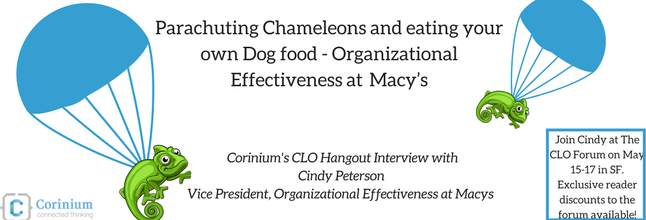Each new year brings inspiration and motivation to change, some may be personal, some may be professional and sometimes, it is both. One thing for sure is 2018 will be the year organizations change employee engagement so that it becomes a strategic priority.
There’s so much research that proves the correlation between engaged employees and astonishing business outcomes. There are higher retention rates, lower recruitment costs and increased productivity, profitability and customer loyalty. In fact, if done right, employee engagement can address all these KPIs at the same time. So if employee engagement creates so many great results, why are so many organizations failing miserably at it? The simple answer: Too few are putting real money, time and resources behind it.
Why is employee engagement important?
At the heart of it, employee engagement is all about the people – understanding, motivating, relating and connecting with them. That makes engagement a complex topic as creating an effective engagement strategy sometimes feels like an impossible task.
It doesn’t have to be though. Some of the most successful businesses in the world pride themselves on their level of employee engagement and what they do to nurture this.
5 things to think about when it comes to employee engagement:
1. Onboarding and training
With successful onboarding and training, employees will learn how to effectively do their job. This is the time they can engage with you and ask questions, offer ideas, and voice concerns. For most employees, onboarding and training is also the time when they bond with co-workers and develop a connection to the company. Studies have shown that the more friends employees have at work, the more engaged they are.
2. Company Goals
Employees want to know how their position fits into the organizational structure of the company. And, they want to learn how their work affects the business as a whole, meaning that company goals, as well as departmental goals, can be set. That way, each employee knows how their work is impacting the departmental and overall success of the business.
3. Employee Development
Employees want to develop their skills and continue challenging themselves. They don’t want to perform monotonous tasks that require minimal effort. Engaged empoyees are more creative at solving business problems and will seek to enhance their skills
4. Micro-managing
If employees are told exactly what to do and how to do it, they won’t have the time or motivation to engage with the work. They’ll be more like robots. Employees can’t be engaged if they don’t have freedom in how to do their jobs.
5. The Acknowledgement of Employees
Engaged employees have a sense of comfort nd camaraderie with your business. Again, it’s important for employees to know their co-workers and develop friendships with them. But it’s also important to develop a relationship of respect and friendship between employer and employee.
What does employee engagement mean to you?
Employee engagement is the level of commitment, passion, and loyalty a worker has toward their work and company. Have you ever asked yourself, “just how many of the employees in my organization are really engaged?” If you believe it is about half, you may actually be overestimating the number. The more engaged an employee is, the more work they’ll put forth. According to a recent study by Gallup Poll, only 32% of employees in the United States are engaged, that means over two-thirds of employees nationwide are disengaged with their work.
But in this incredible time of competing pressures – demand for profitable growth, financial market volatility, political uncertainty, global shifts in workforce demographics and a rapidly shifting technology – a finer point must be put on that core engagement question. Leaders must ask themselves not only “what do employees need in order to be engaged?” but also “what behaviors are we asking them to engage in?”
Join us at The Chief Learning Officer Forum, Spring taking place on May 15- 17 in San Francisco to hear from some of today’s most powerful leaders across learning and development, HR, Talent & Diversity, and Culture. With over 45+ sessions, 40+ speakers and 8+ hours make sure to register before it’s too late HERE







